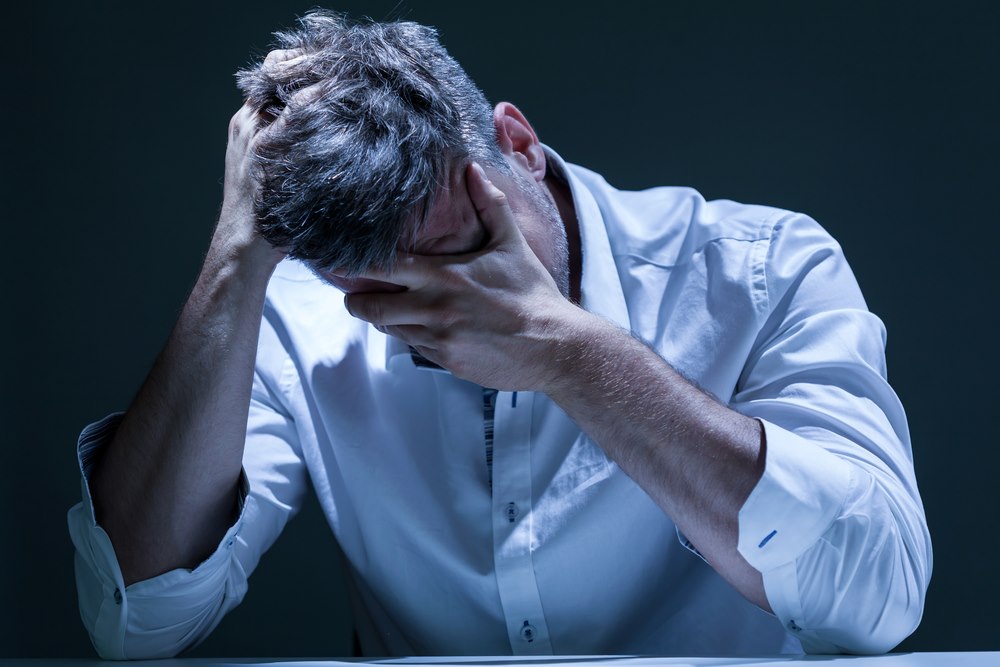
According to the National Institute of Mental Health, depression is one of the most common mental disorders in the United States. An estimated 16.1 million adults in the U.S. have experienced at least one major depressive episode in their lifetime. It’s a serious mental illness that can have significant consequences if left untreated. But there is hope—depression is a treatable illness, and there are many effective treatments available. Why are so unbearably depressing? If you or someone you know is dealing with depression, it’s important to get help. At Centres For Health and Healing, they focus on each individual client, using a research-based, highly-effective program to get more information visit CFHH.ca.
What Are the Symptoms of Depression?
Not everyone who experiences depression will have the same symptoms, and the severity of those symptoms can vary from person to person. However, there are some common signs and symptoms to be aware of. If you’re experiencing any of the following for two weeks or longer, it’s worth talking to your doctor or a mental health professional about whether you might be dealing with depression:
- Feeling sad, empty, or hopeless most of the day, nearly every day
- Loss of interest in activities that you used to enjoy
- Significant weight loss or gain, or change in food consumption
- Difficulty sleeping or sleeping too much
- Moving or speaking so slowly that other people notice
- Fatigue or decreased energy nearly every day
- Feelings of guilt nearly every day
- Impaired concentration, indecisiveness
- Recurrent thoughts of death or suicide , or suicide attempts
If you have any of these symptoms, it’s important to seek help. Depression can worsen and lead to potentially serious complications if left untreated. It can also co-occur with other mental illnesses, such as anxiety disorders, eating disorders, and substance use disorders.
Getting Help for Depression
If you think you might be suffering from depression, don’t hesitate to reach out for help. Talk to your doctor, a mental health professional, a trusted friend or family member, clergy member, teacher, coach—anyone who can provide support and guidance. You can also call a national helpline like the National Suicide Prevention Lifeline at 1-800-273-8255 if you need someone to talk to outside of your immediate support system. There is no shame in seeking help when you’re struggling. Depression is a real medical condition that requires treatment just like any other illness. With proper care and treatment, most people with depression will start to feel better in time.

There are a variety of treatment options for depression, including medication and therapy. It’s important to work with your doctor or mental health professional to find the approach that works best for you. Don’t give up if the first treatment doesn’t seem to work—continue working with your healthcare team until you find a plan that helps improve your symptoms and overall well-being.
Taking care of your mental health is just as important as taking care of your physical health. Don’t wait to seek help if you think you might be experiencing depression—get the support and treatment you deserve. You don’t have to go through this alone.


